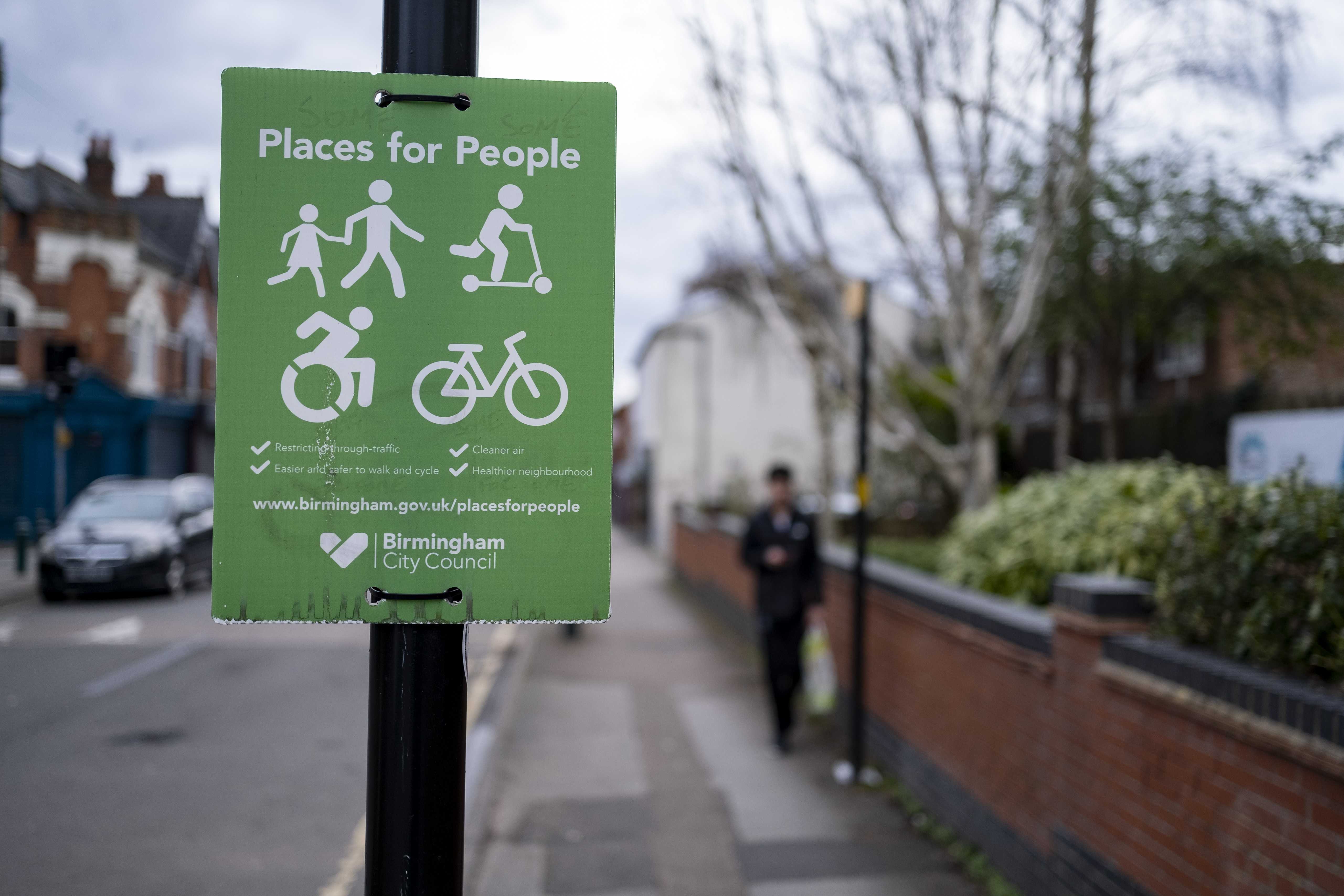
As the cycling and walking commissioner for the West Midlands, Adam Tranter has a difficult path to tread. On the one hand, he needs to encourage more people to ride bikes and take up forms of active travel, while at the same time stressing the need for safer cycling routes and infrastructure. It is not easy.
"I try not to unnecessarily scare people off," he tells Cycling Weekly. "My job is to get more people walking and cycling. However, I don't think realistically, I can do that in good faith without getting more infrastructure."
Birmingham, the most populous of the seven constituent parts of the West Midlands, has a serious problem with cycling safety. Two men were hit by vehicle drivers in the city in just over a fortnight last moth, with another seriously injured.
"Anyone who spent time in Birmingham will attest that, certainly in the inner city, Birmingham has a really strong antisocial car culture," Tranter says.
"We cannot deny that people who are popping out, coming back from work, are losing their lives through no fault of their own, really. I don't want to scare people off, but I don't think that anyone who looks at the Belgrave Middleway, which is one of the roads where the cyclist was killed, thinks that's fine, it's okay. It's not. We need to drastically make those roads much less hostile much more quickly."
After the second death of a male cyclist on 31 May, Tranter wrote to West Midlands Chief Constable Craig Guildford, Police and Crime Commissioner Simon Foster and the city council's transport lead Cllr Liz Clements, urging them to take action.
He says the deaths of vulnerable road users, including cyclists, must no longer be accepted as "normal". "Everyone should feel safe using our roads, but through a combination of design, policy and enforcement priorities, this is not the case."
For Tanter, there is a consensus on the need for change. He says: "We have to turn the tide on aggressive driving in Birmingham. It is everywhere you look. A big difference could be made by focusing on what seem like low-level offences, such as using illegal number plates or anti-social parking, that often lead to other more serious road violence and other crimes that blight our communities."
He went on to echo this this week.
"With COVID, we were able to change our streets very quickly in an emergency, and as far as I'm concerned, this is an emergency," he says. "We need to move much more quickly. We're actually on the same page, what it will really take is a long, hard look at ourselves and, you know, an honest discussion that actually we need to move more quickly.
"There's a lot of will there which is why I'm hopeful that, combined with some changes in processes and some renewed ambition, it will get us to where we need to be more more quickly. We do need the police involved in this directly, which I'm hoping I'm hoping the Chief Constable will come back to me soon and we can go from that."
The cycling and walking commissioner referenced Operation Safeway, a Metropolitan Police initiative launched in response to a series of cyclist deaths. During a six-week period, it resulted in 13,800 drivers and cyclists being issued with fines for jumping red lights, cycling on footpaths and having incorrect lights.
"I'm looking for the same sort of seriousness here," Tranter says. "It feels like something needs to be tackled from a rigorous policing point of view.
"The second thing is infrastructure. We know that we're not going to be able to build cycle lanes everywhere, so there is also the matter of enforcement, driver behaviour and traffic volumes. But where we have busy corridors, we do need cycling infrastructure."
Prosecutions based on footage of bad driving falls in West Midlands

Only a small fraction of more than 13,000 submissions made of footage of bad driving in the West Midlands since 2019 have resulted in prosecutions or fixed penalties, data has shown.
Due to a sharp ride in submissions, the process of dealing with the footage, a lot of which comes from cyclists, is under review, according to West Midlands Police.
"We have seen a fifty per cent increase in third party reporting over the last two years," a Police spokesperson said. "This process is currently under review around how we can manage the rise in these submissions."
In the West Midlands in 2022, 6,408 submissions were made through the WMP's site, of which 1205 were deemed by police to breach driving standards. However, very few resulted in prosecution.
"My understanding is that resources have not grown with the increase in demand," Tranter says. "Then also the level of prosecutions has plummeted as well, which suggests that things are either not being looked at in with the same scrutiny, or possibly, the quality of submissions has changed.
"I think it's more likely that because of the influx of extra requirements, that they are sensitive to only prosecuting the worst one. I think it would be proactive and helpful to provide feedback to people, to automatically provide feedback on the submission, and then you're likely to get better quality submissions in the future."
"However, there might be this perception that you will open up the floodgates and having even more demand you then cannot deal with," Tranter continues. "Conversely, each fatal traffic collision costs a taxpayer over £2 million I understand the pressures that the police are under, but if you can help stop some of this behaviour or catch it early, or build intelligence around certain individuals that are likely to offend, it seems like a worthwhile investment to do that proactively.
"It's much, much cheaper than dealing with the aftermath. And of course, we know that that's got this horrible human cost too."







